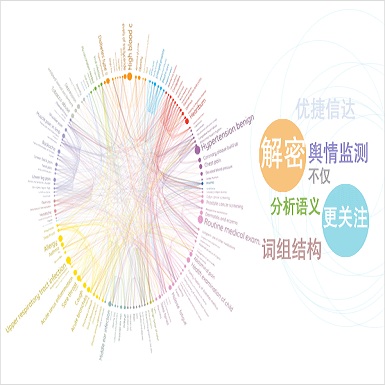Semantic parsing in KBQA aims to parse natural language questions into logical forms, whose execution against a knowledge base produces answers. Learning semantic parsers from question-answer pairs requires searching over a huge space of logical forms for ones consistent with answers. Current methods utilize various prior knowlege or entity-level KB constraints to reduce the search space. In this paper, we investigate for the first time prior knowledge from external logical form annotations and ontology-level constraints. We design a hierarchical architecture for program transfer, and propose an ontology-guided pruning algorithm to reduce the search space. The experiments on ComplexWebQuestions show that our method improves the state-of-the-art F1 score from 44.0% to 58.7%, with an absolute gain of 14.7%, which demonstrates the effectiveness of program transfer and ontology awareness.
翻译:在 KBQA 中, 语义分析的目的是将自然语言问题分析成逻辑形式, 其针对知识基础的执行可以产生答案。 从问答中学习语义解析器需要搜索与答案一致的逻辑形式的巨大空间。 当前的方法使用各种先前的知识级或实体级 KB 限制来减少搜索空间。 在本文中, 我们首次调查了从外部逻辑形式说明和本体级限制获得的知识。 我们设计了一个程序传输的等级结构, 并提出了一种本体学指导的计算法来减少搜索空间。 复杂 WebQuestion 实验显示, 我们的方法将最先进的F1评分从44.0%提高到58.7%, 绝对收益为14.7%, 这表明了程序传输和本体意识的有效性。



